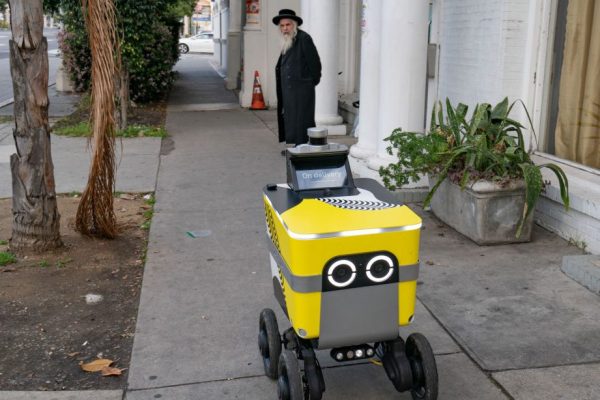In the space of several weeks, COVID-19 has transformed countless industries and will continue to do so in ways we can only imagine.
The pandemic has also spurred many to find new ways to work and keep society moving amid physical distancing, stay-at-home orders and mass hospitalizations. For years, robotics and automation have been a looming presence in a number of fields ranging from shipping and fulfillment to construction sites and operating rooms. But the novel coronavirus could well be the disruption that accelerates the adoption of these technologies.
These changes take time, but because COVID-19 won’t be disappearing any time soon, it seems likely that this era will transform many of the robotics- and automation-curious into full-fledged converts. How different would this moment be if we were bolstered by a workforce that couldn’t transmit viruses or call in sick?
Following recent surveys exploring COVID-19’s impact on media, fintech startups and esports, along with an earlier exploration of robotics investments, we’ve asked the category’s top VCs to discuss how the pandemic will impact their portfolio companies:
Shahin Farshchi, Lux Capital
How has COVID-19 impacted automation and the robotics investing landscape?
We just closed on a fresh $1 billion and are actively making new investments in automation. COVID-19 revealed that our just-in-time manufacturing and logistics infrastructure cannot react to unexpected change. We expect the best practices of tech companies: rapidly adopting new tools and quickly iterating on their products and processes to become common in the realm of manufacturing and logistics. Engineers will be handed credit cards to try the latest tools, building on open source will be widely embraced, and making bets on products from startups will become the norm in this industry which has its roots in the industrial revolution.
COVID-19 will also encourage employers to rethink workspace layouts; keeping workers at a distance makes for a safer work environment. Automation enables that distance, and we continue to seek amazing teams aiming to empower human workers through automation. COVID-19 has created a period of uncertainty relating to demand, which will impact manufacturers’ ability to purchase automation to meet that demand. We encourage automation startups to revisit their assumptions on customer purchasing patterns, knowing that automation will become a priority in our new normal.
